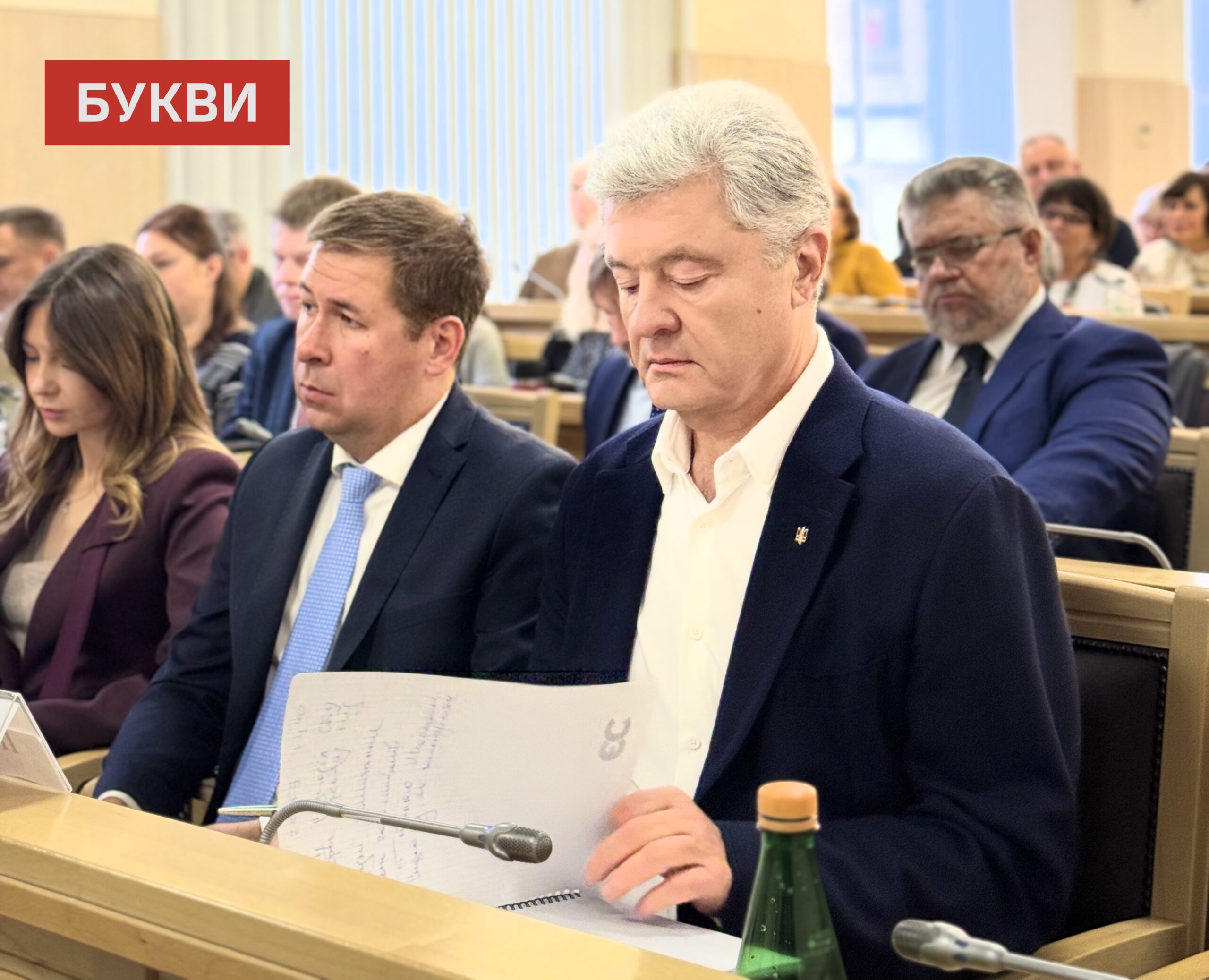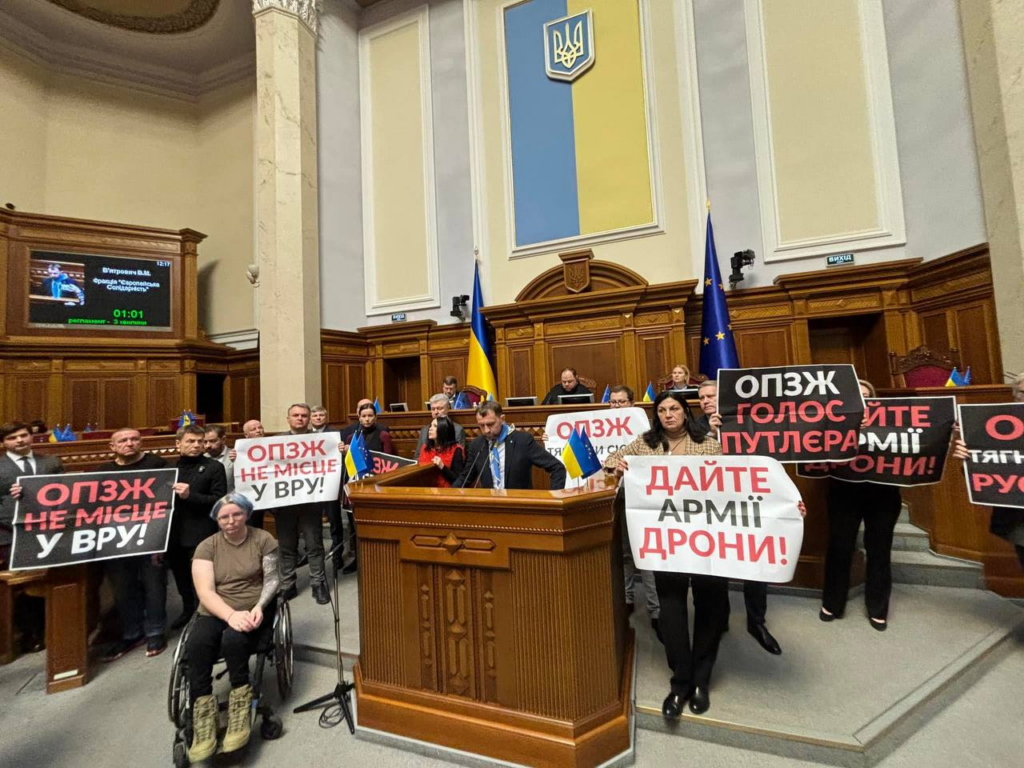Draft law #10101: threats and risks for the gambling market and the state
Source: Center for the Studies of the Ukrainian Legislation
On October 2, 2023, a group of MPs registered draft law No. 10101 ‘On Amendments to Certain Laws of Ukraine Regarding Improvement of Legislation in the Sphere of Organization and Conduct of Gambling Games and State Lotteries’. The Center for the Studies of Legislation explained what is wrong with the draft law.
The explanatory note to the draft law states that its purpose is ‘to improve licensing in the field of organizing and conducting gambling games and state lotteries in order to prevent abuse of the provisions of the current legislation’.
However, the Center for the Studies of Legislation is convinced that draft law No. 10101 creates problems not only for the legal gambling market, but also for the state and Ukrainians.
In particular, the Center names several reasons why this draft law cannot be adopted in its current version.
Thus, in Part 1 of Article 2, the draft law supplements the list of activities in the field of organizing and conducting gambling with item 6 – ‘providing services in the field of gambling’. At the same time, the draft law does not specify exactly what services are meant – development of software for the game, provision of premises for rent, public catering services in the casino premises, transactions of funds within the framework of the game (bets and winnings), risk insurance, etc.
As the experts explained, this refers a number of non-core types of business to the activity of organizing gambling, contrary to the definition of the latter in the relevant law, and ‘creates a field for abuse by regulatory bodies in favor of certain market participants’.
In addition, Part 2 of Article 14-1 of draft law No. 10101 states that banks and other financial institutions cannot be gambling service providers.
‘Given the vagueness of the term ‘providing services in the field of gambling’, which under such conditions can be interpreted as the provision of any services related to gambling, the exclusion of banks and financial institutions from the list of providers of such services is nonsense, because banks and financial institutions ensure the movement of funds from the participant to the organizer of the game and vice versa, and for online gambling, there is no other way to ensure the movement of funds between participants and the organizer than with the help of banks and financial institutions’, experts commented.
It is noteworthy that Paragraph 2 of Part 1 of Article 2 of the draft law contains the rule that the activity of providing services in the field of gambling (Paragraph 6 mentioned above) is not subject to licensing, while in the next part of Article 2 of the draft law, its authors contradict themselves, proposing to replace the term ‘license for the provision of services in the field of organization and conduct of gambling’ to the term ‘license for the provision of services in the field of gambling’, which in fact, according to analysts, introduces an additional type of license and will have a negative impact on the functioning of the field of accompanying services – rental, provision of services in the field of food, accommodation of people, etc.
At the same time, it is noted that a ‘similar destructive proposal’ is contained in the proposed version of Part 1 of Article 5, which provides for the creation of a Register of legal entities that have the right to provide services in the field of gambling.
‘In addition to the fact that the very wording of the name of this register contradicts the content of Paragraph 2 of Part 1 of Article 2 of draft law 10101 and provides that ‘activities of providing services in the field of gambling’ will still require a certain type of permit or license, which will grant such a right. Coupled with the uncertainty about which services we are talking about, this will only result in a deterioration of the business environment in the entire industry, a narrowing of competition and a further reduction of revenues to the state budget,’ the Center for the Studies of Legislation stressed.
Also, the authors of the draft law propose to expand the powers of the supervisory body (Article 10 of the draft law) to supervise (control) the activities of the gambling market and to grant it the right to conduct control purchases, in particular, by using a test situation. At the same time, the draft law does not define the procedure for conducting the test situation, the sources of funding for its conduct, as well as the consequences of its conduct, the Center’s analysis says.
As the experts emphasized, such an approach, along with granting the regulatory body the powers inherent and established by the procedural legislation for law enforcement agencies, ‘carries significant corruption risks, while at the same time not creating an effective mechanism for combating gambling organizers who operate without a license provided for by law or with violations of license conditions’.
Experts also drew attention to the fact that Article 14 of draft law 10101 proposes that a legal entity whose ultimate beneficiaries (owners of a significant share) were owners of a significant share or ultimate beneficiaries of a legal entity whose license was revoked cannot become an organizer of gambling within a 5-year period.
‘In addition to the fact that the draft law does not justify the duration of the specified period of validity of the ban, such a restriction is ineffective, as it does not solve the problem of non-payment of tax debt or debt for license payments. Such an approach can increase costs for unscrupulous market participants for the ‘rotation’ of false persons, but it will not help the state budget to obtain the necessary funds in any way,’ the Center states.
Instead, experts advise legislators to focus primarily on solving the problem of the state budget not receiving funds, and not ‘on creating obstacles for market participants, as the proposed method is also corruptible from the point of view of abuse of powers by regulatory and tax authorities in order to put pressure on business’.
It is worth noting that a similar rule is proposed to supplement Article 51 of the current version of the law ‘On state regulation of activities related to the organization and conduct of gambling’, giving the regulator the right to cancel a license to conduct gambling in case of a tax debt.
According to experts, such a decision will not solve the problem of non-payment of taxes to the state budget, and will increase corruption risks and risks of abuse of powers by tax and control authorities.
In this regard, the Center for the Studies of Legislation believes that draft law 10101 should not be adopted in its current version, as it conflicts with the interests of the state, creates additional corruption risks and may lead to a redistribution of the gambling market in favor of certain participants, which is an unacceptable intervention by the state in the market economy and harms the state budget – contrary to the goal stated by the authors of the draft law.
Military serviceman of the International Legion for the Defense of Ukraine with the call sign “Paradox” is the crew commander of the American M113 armored personnel carrier. He is a master at using it and is constantly improving, because the legionnaire’s skills are tested every day in battle. You have to drive to the front lines, often under artillery fire and drone attacks.
Notorious supporter of the concept “in order for a cow to eat less and give more milk, it needs to be fed less and milked more” “Servant of the People” Danylo Hetmantsev, under the guise of “business requirements”, registered a draft law on the collection of VAT on all foreign purchases, regardless of their value. In other words, every Ukrainian, buying goods of any value and purpose abroad, when sending them to Ukraine, will have to pay an additional fifth part, or 20% of the cost of the goods.
When Russian missiles began barraging Ukrainian cities in the first moments of the full-scale invasion,…
On the last Saturday of November, Ukraine commemorates the victims of the Holodomor of 1932–1933…
By Vladyslava Chorna, Bukvy Editor-in-Chief Otar Dovzhenko, a media researcher, creative director of the Lviv…




